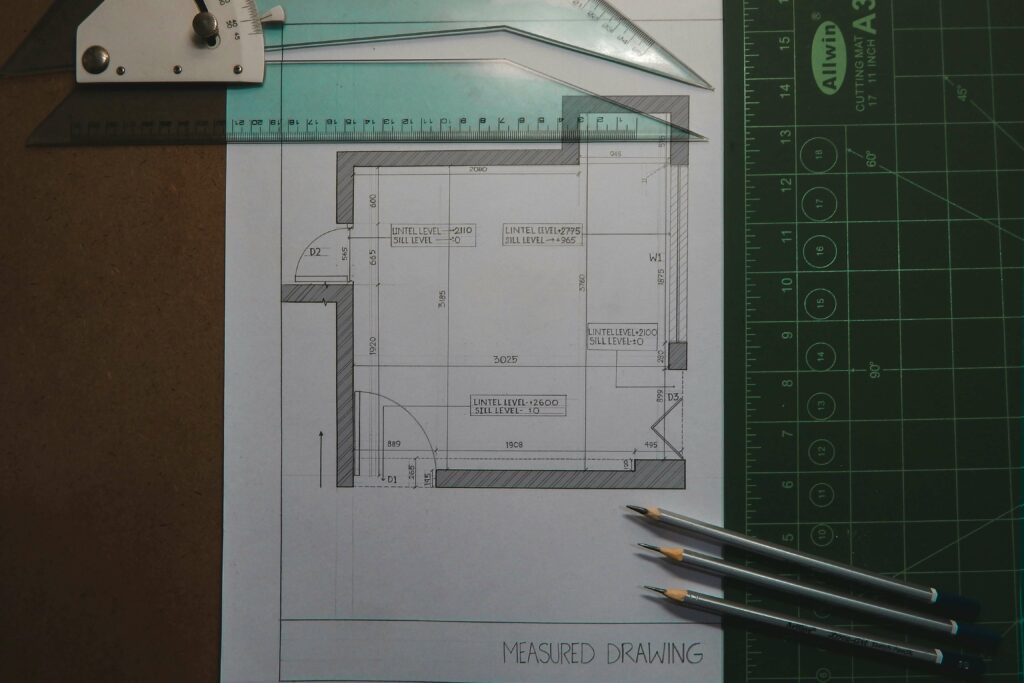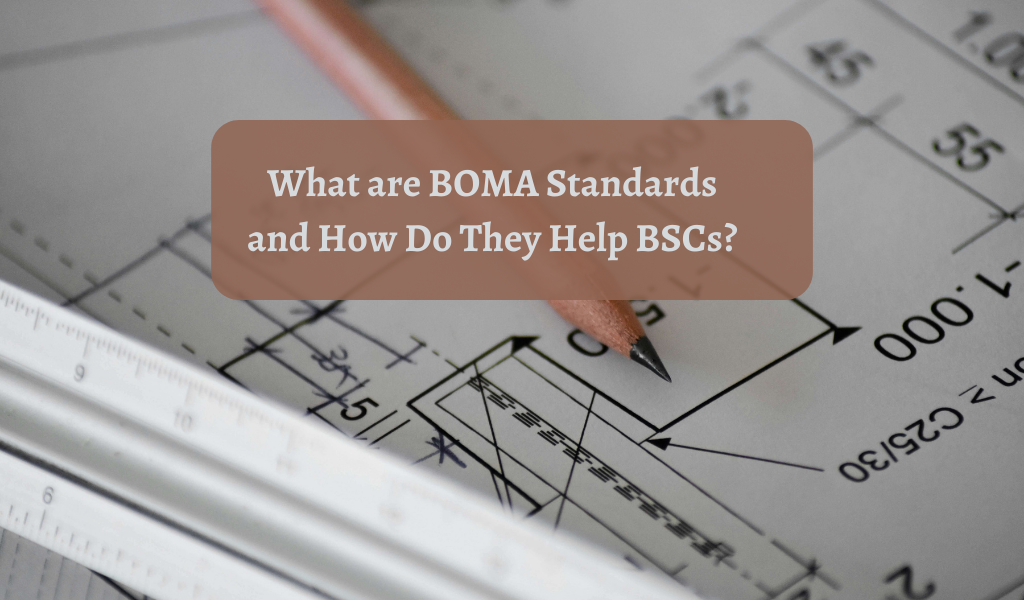Find out how BOMA standards can help generate more accurate bids.
Measure the square footage of a space and you’ll quickly find numerous variables that impact your calculations. Do you count support beams or not? Do the 15,000 square feet of an office building include outdoor spaces? BOMA standards take the confusion out of the equation.
The Building Owners and Managers Association International (BOMA) is a trade association for owners of commercial properties, such as office buildings, industrial spaces, mixed-use buildings, and so on. One of the primary offerings of BOMA is a set of floor measurement standards and best practices.
It’s not hard to imagine how these standards could improve bidding, supply management, resource allocation, and more for building service contractors and commercial cleaners. But what are these standards? How can you put them into practice?
From bidding to maintenance to schedules, Janitorial Manager can help you organize your entire operation. Schedule a free call with Janitorial Manager and make your work easier and more profitable.

Digging into BOMA standards
What, exactly, are BOMA standards? These standards are industry-wide methods of measuring the floor space of a building. Owners and building managers often use these standards to calculate useable area or rentable area.
According to Commercial Real Estate Online Publishing, useable area is the “physical area that tenants can use to conduct their business.” This calculation does not include common spaces, such as restrooms, lobbies, and other areas.
Rentable area, on the other hand, is the entire “interior space of the building, except for the elevator shafts and fire escape stairwells.” Rentable area would include the common areas, such as shared restrooms, break rooms, etc.
These distinctions are important for building service contractors for two reasons. If you’re servicing an entire building, you’ll want to ensure you don’t base your bidding on useable area, as that likely won’t encompass the entirety of your duties.
Secondly, if for some reason you aren’t working for all the tenants in a building, you’ll need to know how the specific measurements are calculated. This way you can determine what your duties do and do not include.
BOMA standards are also specific to the type of facility. These types include office, industrial, multi-family and hospitality, retail, and mixed-use. They also offer a Gross Areas standard which, “was developed in direct response to requests for a floor measurement standard that could be applied to all building types and forms of occupancy—office, industrial, retail, multi-unit residential, mixed-use and campus-style facilities.”
BOMA goes on to say that “the purpose of the Gross Areas Standard is to provide a comprehensive and consistent methodology for measuring all building types while presenting the data in various ways that are useful to the stakeholders of any given property.”
How does this help you as a BSC?
Accuracy is vital to running a profitable building services business. Incorrect calculations on your bids could mean the difference between a healthy profit and barely breaking even.
Alternatively, you could upset customers by raising your prices after you begin working. That might take care of the profit margin, but it’s not ideal. In fact, it’s probably a good way to build a reputation that will hurt your business.
It’s more than just profits, revenue, and customer service. The way you calculate the floorspace of a building has a huge impact on your supplies and equipment. For example, a 5% miscalculation might not make a big difference in a 1,200-square-foot space. But in a 20,000-square-foot building, you’re missing 1,000 square feet.
BOMA standards help you equalize your calculations, no matter how big or small a facility is. Nor does it matter if it’s an industrial space or a high-end shopping mall. You can base your bids and costs on reliable, industry-standard numbers.
Where do you get these numbers? The calculations are most often made by architects. You might be able to access these easily by asking the building manager or owner about them. BOMA also offers affordable classes, webinars, and instructional texts, so you can learn as much as you want about the process.
With accurate calculations on your side, you’ll find that your team works more efficiently and effectively. Your costs and profits will work more in your favor. And most importantly, you can get granular and detailed about the work you do.
Bidding, asset tracking, cleaning checklists, supply inventory, timekeeping… it’s all here. Janitorial Manager can help you organize all your commercial cleaning operations. Schedule a free call with Janitorial Manager to learn more.

